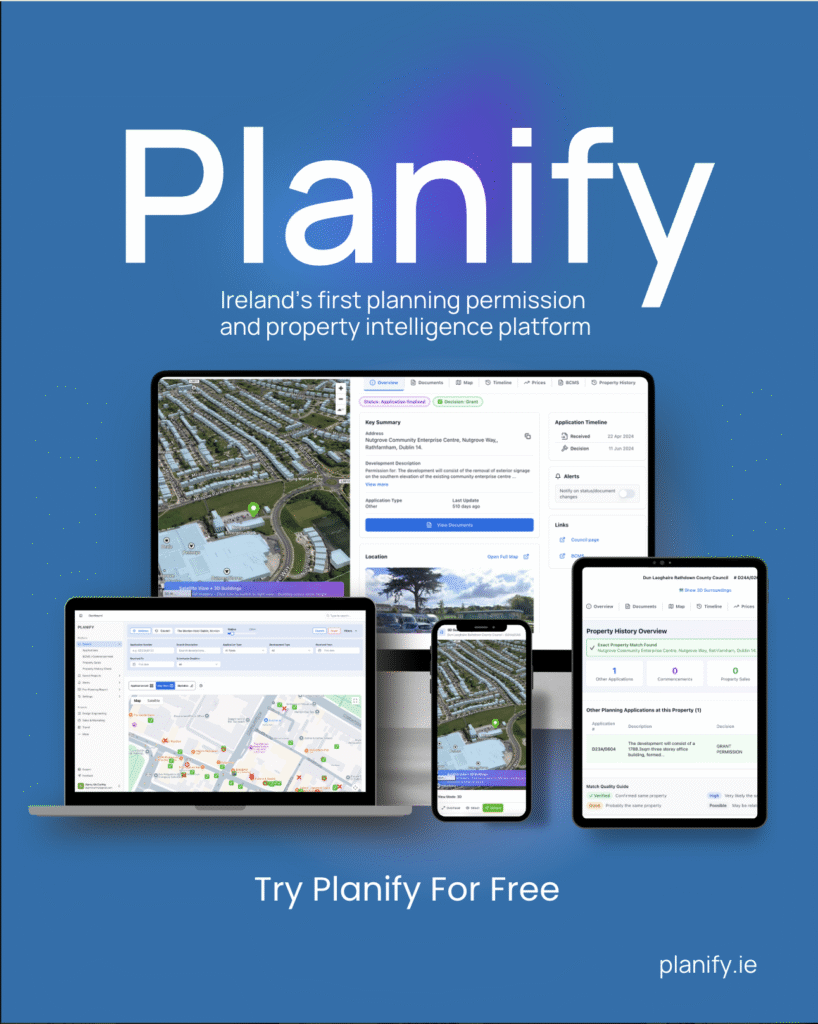Planning Permission Advances With Smart Manufacturing Boost in Coalisland Construction
Planning permission is becoming more critical as Coalisland’s offsite construction firm invests millions in smart manufacturing to cut waste, speed up production, and reduce carbon emissions.
A pioneering offsite construction company based in Coalisland has embarked on a multi-million pound investment to enhance its manufacturing with advanced smart technologies. This move aims to revolutionise building processes by reducing material waste, accelerating project timelines, and lowering overall carbon footprints, marking a significant development in how planning permission is approached within modern construction environments.
The firm’s upgrade is described as not just a technological leap but a clear indication of the direction the construction industry is taking. By integrating automation and digitalisation into their off-site factories, the company is setting new standards in efficiency and sustainability that align closely with current environmental impact concerns often scrutinised during planning reviews. This approach supports faster housing scheme approval while potentially easing constraints related to flood-risk development planning, thanks to more controlled and precise construction methods.
Within the context of Ireland’s evolving planning system, such innovations complement recent legislative reforms aimed at streamlining approvals and mitigating delays attributed to environmental and material contravention disputes. The government’s rollout of the Planning and Development (Amendment) Act 2025 underlines a wider strategy to support new technologies and sustainable practices within planning decisions, encouraging developments that are both forward-thinking and compliant with regulatory frameworks.
Experts observe that the integration of smart manufacturing in off-site construction significantly mitigates challenges faced by developers in securing planning permission. By minimising onsite disruption and improving quality assurance, these methods reduce environmental impact concerns frequently flagged during An Bord Pleanála decisions. Consequently, this investment not only accelerates building but also fosters a more positive planning environment, easing community and statutory body engagements.
As regional councils and planning authorities increasingly adopt National Planning Statements to unify their priorities, innovations such as those in Coalisland highlight how industry advancements can harmonise with policy goals. This synergy is crucial for meeting Ireland’s ambitious housing targets while preserving ecological integrity and addressing social infrastructure needs efficiently and responsively.
Originally reported in Belfast News Letter on Thu, 09 Oct 2025 Full story







